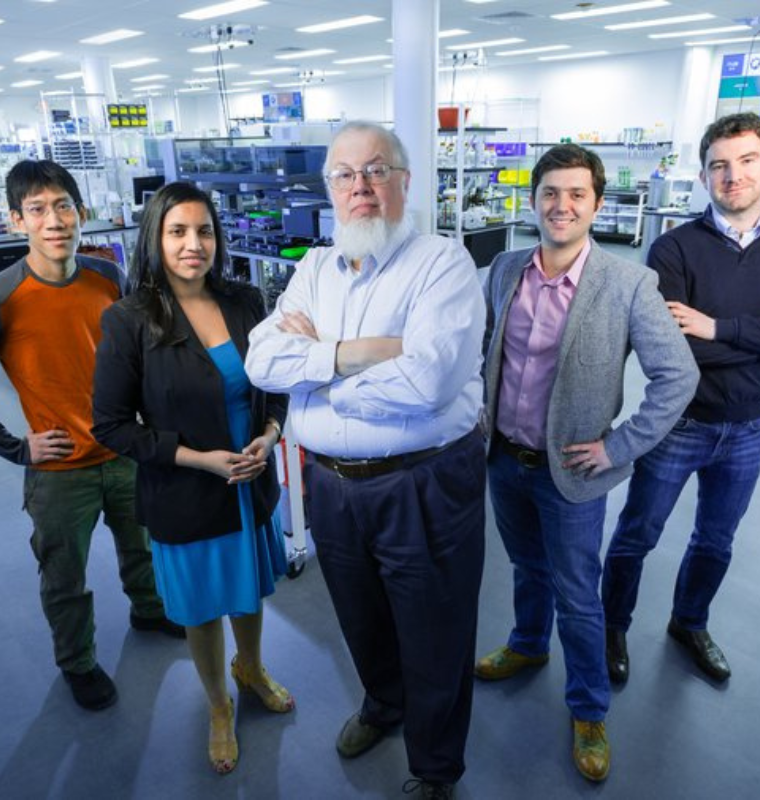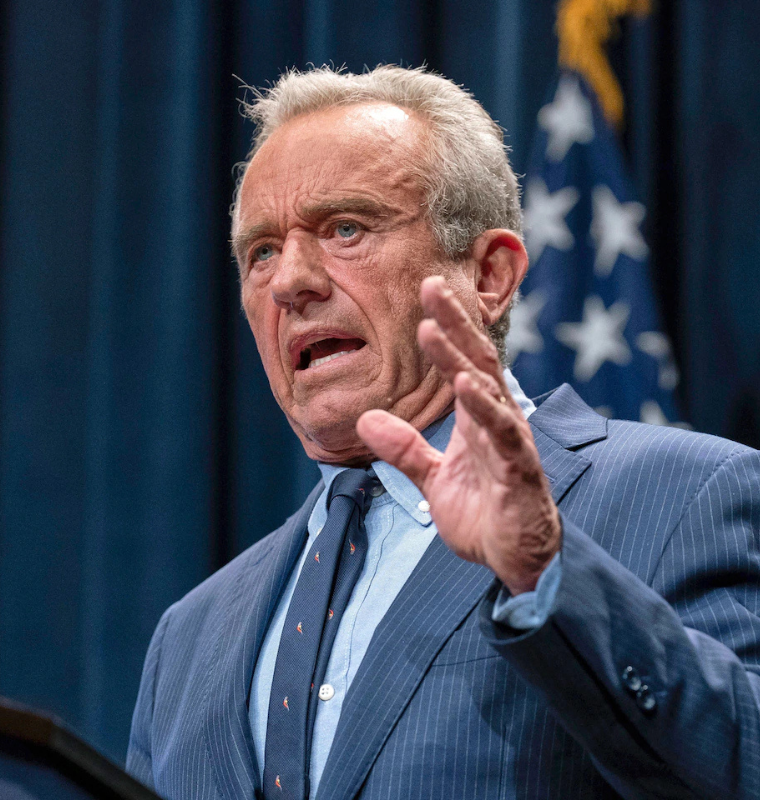South Korea’s Presidential Frontrunner Lee Jae-myung Urges Flexibility in U.S. Tariff Talks Timeline
South Korea’s Presidential Frontrunner Lee Jae-myung Urges Flexibility in U.S. Tariff Talks Timeline
By
Rachel Steinberg
Last updated:
May 26, 2025
First Published:
August 3, 2025

Photo: France 24
Lee Jae-myung Calls for Balanced Diplomacy in U.S. Tariff Talks
South Korea’s leading presidential candidate, Lee Jae-myung, has called for an extension of the ongoing trade negotiations with the United States, emphasizing the need for a deal that serves the long-term interests of both countries. Speaking at a press conference on Sunday, Lee underscored the importance of rethinking the current timeline—set for July 8—for finalizing agreements on U.S.-imposed tariffs, which date back to the Trump administration.
“These negotiations shouldn’t be a zero-sum game,” Lee said. “Diplomacy must deliver shared benefits. If only one party wins, and the other suffers, it ceases to be diplomacy and starts to look like exploitation.”
Election Backdrop and Urgency
The call for reconsideration comes at a sensitive time for South Korea. The country is gearing up for a high-stakes presidential election on June 3, triggered by the impeachment of former President Yoon Suk Yeol. Yoon was removed from office after facing backlash for declaring a brief period of martial law in December—a move that sparked legal, political, and public uproar.
Lee, representing the Democratic Party of Korea, currently leads the polls with 45% support, ahead of conservative challenger Kim Moon-soo, who holds 36%, according to a Gallup Korea poll released Friday. Although Kim has been narrowing the gap, Lee remains the frontrunner and is actively shaping the policy discourse in the run-up to the election.
Trade Deadline in Question
The U.S. and South Korea have both expressed intentions to finalize a comprehensive trade and economic cooperation package by early July. However, South Korea’s own Minister for Trade, Industry and Energy recently hinted that this timeline could be unrealistic, especially amid election uncertainties.
“There is simply not enough time,” Lee emphasized. “We need to revisit whether this deadline, largely set by one party, should dictate the course of bilateral diplomacy.”
South Korea’s trade with the United States has grown significantly in recent years. In 2023, two-way trade totaled over $190 billion, making the U.S. Seoul’s second-largest trading partner. Tariffs affecting sectors such as steel, electronics, and automobiles have been ongoing points of contention.
Domestic Economic Agenda
Beyond international diplomacy, Lee has pledged swift domestic economic action if elected. He plans to roll out an immediate supplementary budget aimed at jump-starting the slowing South Korean economy, which has been facing headwinds from weak consumer spending and lagging export growth.
“I will form and personally lead a task force to deliver immediate, actionable measures to combat the ongoing economic downturn,” Lee said. “We must respond to this recession with urgency and precision.”
South Korea’s GDP growth for Q1 2025 came in at just 1.3% year-over-year, the lowest since mid-2022. Unemployment stands at 3.1%, while inflation has stubbornly remained above 2.8%, according to the latest data from the Bank of Korea.
Foreign Policy Shift: Diplomacy Over Tension
Lee also took aim at the previous administration’s aggressive posture toward North Korea. He criticized former President Yoon’s hardline strategy, which he believes not only heightened military tension on the Korean Peninsula but also deterred foreign investment and damaged South Korea’s global image.
“Of course we must maintain strong defense capabilities and a robust alliance with the United States,” Lee clarified. “But that does not preclude us from pursuing dialogue, cooperation, and peaceful coexistence with the North. Pragmatism must lead our foreign policy.”
Political Undercurrents and the Road Ahead
As momentum builds toward the June 3 vote, Lee’s campaign appears focused on casting itself as a voice of reason—promoting diplomacy, economic revitalization, and steady leadership. He also took the opportunity to criticize those associated with the impeachment crisis.
“I believe South Koreans understand the gravity of what happened under the previous leadership. They won’t support candidates who were part of, or complicit in, what I view as an insurrection,” he said, referring to the ongoing legal proceedings against Yoon over his martial law order.
If elected, Lee Jae-myung will inherit one of the most diplomatically complex environments South Korea has faced in recent years—with fragile North Korea relations, volatile trade talks with Washington, and a domestic economy in need of urgent stimulus. His insistence on recalibrating the tariff negotiation timeline is likely to become a key litmus test of his leadership style and policy direction.
Popular articles
Subscribe to unlock premium content
Gourmet Gold: Micro-Venture Funds and Europe’s Artisan Food Revolution

Artificial Elegance in Fashion

Ferrari’s Craft of Desire

Gourmet Gold: Micro-Venture Funds and Europe’s Artisan Food Revolution

Artificial Elegance in Fashion

Gourmet Gold: Micro-Venture Funds and Europe’s Artisan Food Revolution









